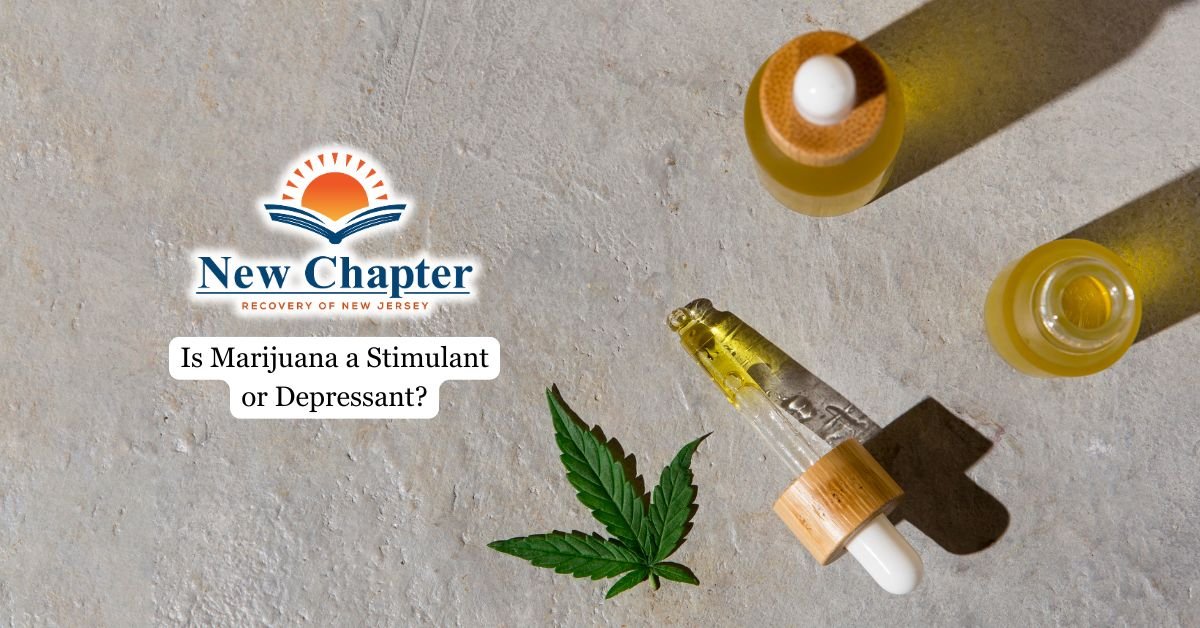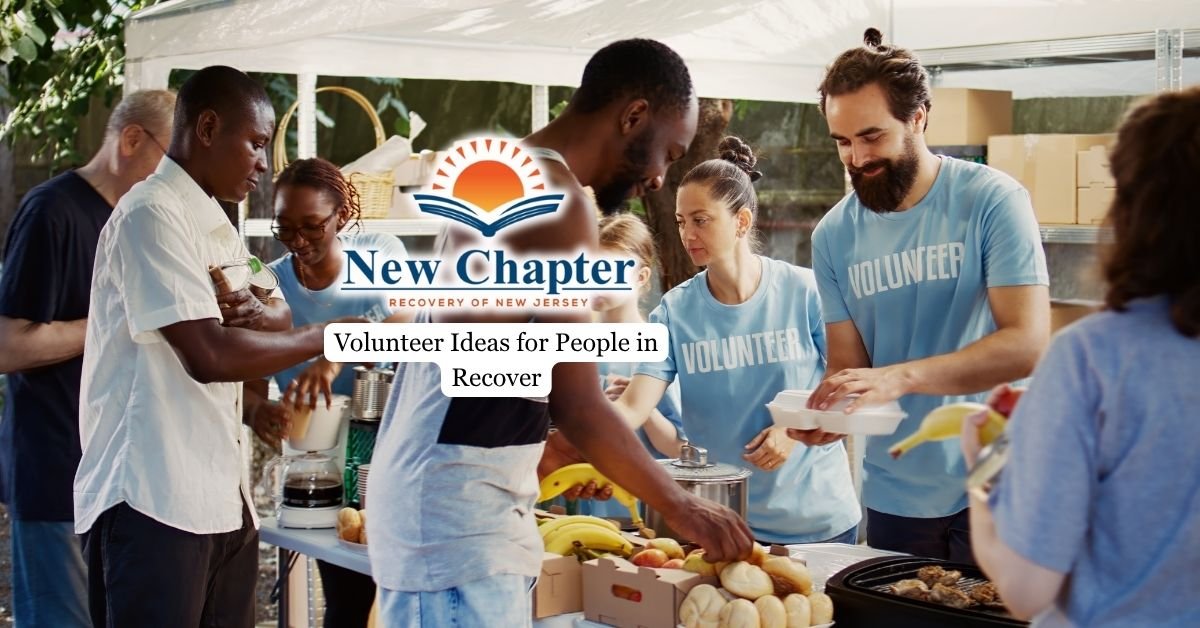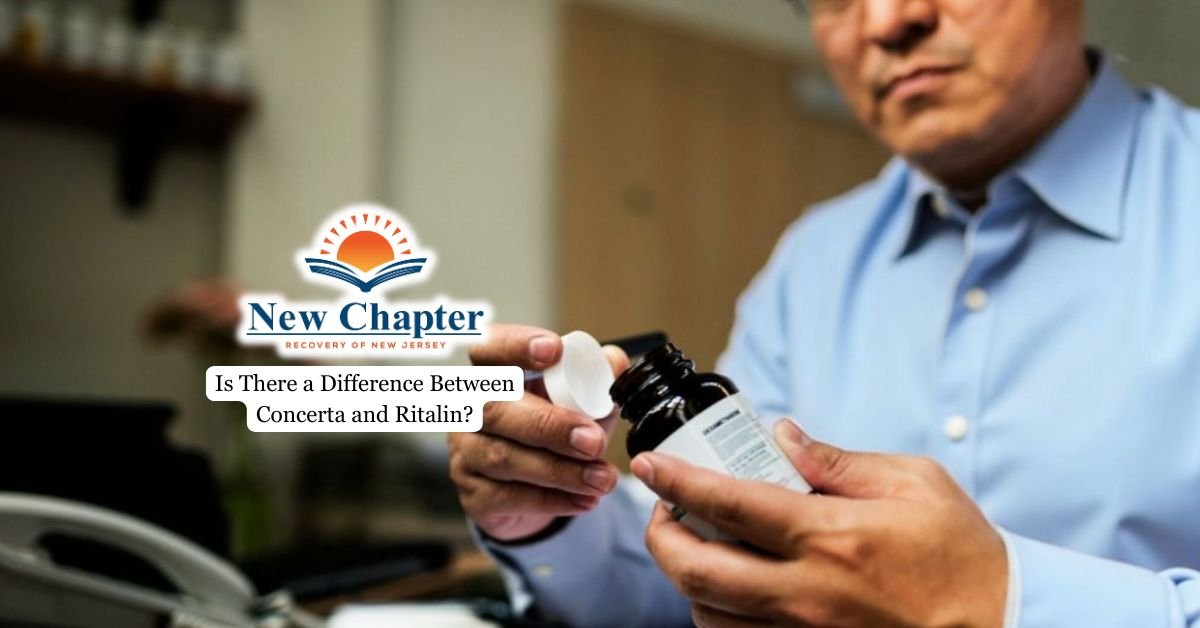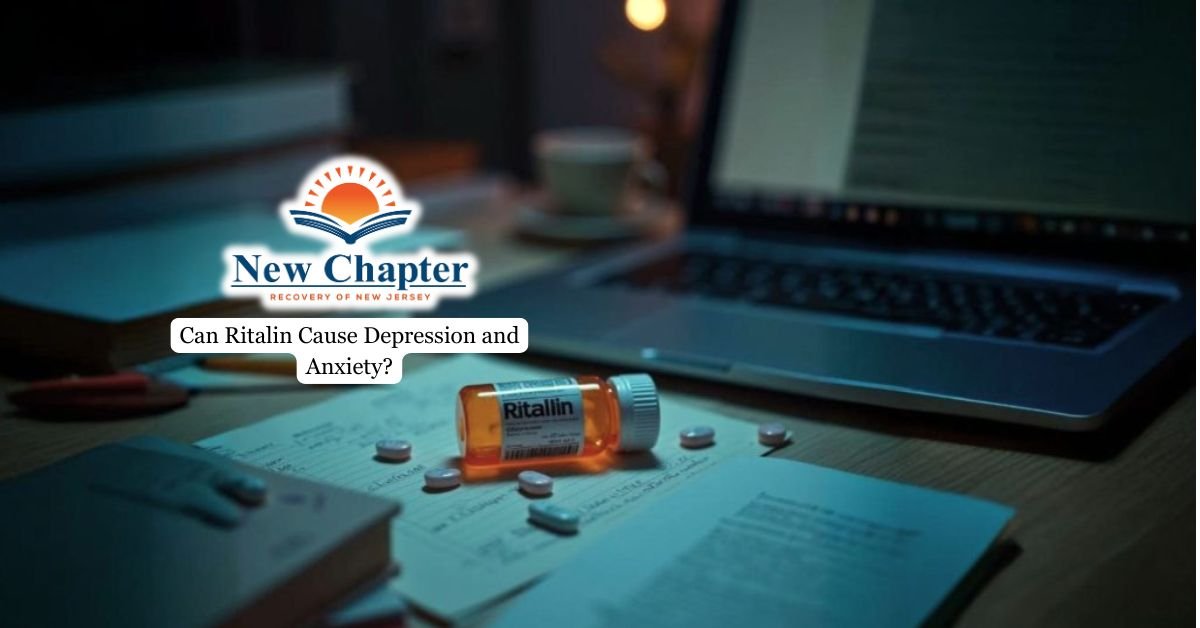In the demanding path of overcoming addiction, sponsors have an essential part to play in offering support, direction, and responsibility. As we examine the role of sponsors in addiction recovery more closely, we will showcase their duties, the advantages they provide to both sponsees and themselves, and the intricacies of this unique bond that has become a foundation of many thriving recovery journeys.

Defining a Sponsor
A sponsor is an individual who’s completed the 12-step program and maintains sobriety, dedicating their time to mentoring others in recovery. They draw from personal experiences with addiction to foster a relationship built on shared understanding and accountability with their sponsee.
A sponsor’s role extends beyond friendship or therapy, as they help sponsees comprehend and apply the 12 steps, answer questions, and provide encouragement while maintaining objectivity. They offer a unique perspective, having faced similar challenges and emerged victorious in their own recovery journey.
Sponsors and sponsees develop a partnership founded on mutual respect, open communication, and a commitment to personal growth. This relationship isn’t meant to replace professional treatment like the one we offer here: https://newchapterrecoverynj.com/outpatient-program-in-nj/ but rather complements it by offering practical guidance and emotional support.
Responsibilities of Sponsorship
Regular meetings with your sponsee allow you to discuss their progress, challenges, and personal experiences related to addiction, providing a safe space for them to share openly. It’s your responsibility to hold your sponsee accountable, encouraging them to complete assigned tasks and participate in group activities that enhance their commitment to sobriety.
During difficult times, you offer emotional support, helping your sponsee identify triggers and develop coping strategies to prevent relapse. Maintaining confidentiality is essential, as it ensures a safe environment for your sponsee to share their struggles and triumphs without fear of judgment.
Check out these tips for creating your own sober support network while in addiction recovery.
Benefits of Having a Sponsor
A sponsor provides consistent support, encouragement, and accountability throughout your recovery journey, helping you navigate the challenges of overcoming substance use and embracing a new way of life.
By working closely with a sponsor, you’ll gain a deeper understanding of the 12 steps, fostering personal growth and a structured approach to recovery. This mentorship creates a safe space for sharing experiences and addressing triggers, alleviating feelings of isolation often associated with addiction.
Regular check-ins with your sponsor promote healthy communication and emotional transparency, equipping you with the skills to effectively manage potential relapse situations. Individuals with sponsors report improved treatment outcomes and greater involvement in recovery groups, highlighting the powerful impact of this supportive relationship.
Challenges in Sponsorship
Misunderstandings about the sponsor’s role can lead to conflicts, making it crucial for both parties to have clear expectations and communication.
Emotional dependency may develop if boundaries aren’t set, which can hinder the sponsee’s recovery and create strain on the sponsor. Differences in recovery philosophies between the sponsor and sponsee can cause friction, potentially impacting the effectiveness of the sponsorship relationship.
Sponsors may feel overwhelmed by the sponsee’s needs, especially if they haven’t established proper boundaries and limits on availability. Ending sponsorship can be emotionally challenging for both parties, requiring respectful communication and acknowledgment of the support received.

Choosing the Right Sponsor
When choosing the right sponsor, consider someone who’s maintained sobriety for over a year and completed the 12 Steps. Seek a sponsor who shares similar values and life experiences to enhance compatibility and understanding.
Look for someone who actively participates in recovery meetings and demonstrates commitment to their own recovery and that of others. Choosing a same-gender sponsor can provide comfort and facilitate open communication about personal challenges.
Before committing, discuss expectations, communication styles, and goals to ensure mutual understanding. It’s important to note that a sponsor isn’t a best friend or mental health professional, but rather a guide who offers accountability and support. They maintain humility, respect personal agency, and uphold confidentiality, creating a safe environment for healing and growth.
Final Thoughts from New Chapter Recovery
At New Chapter Recovery’s outpatient program in New Jersey, we understand the incredible importance of sponsorship in the recovery journey. Our faith-based approach to addiction treatment recognizes the strength of spiritual guidance and community support, which perfectly aligns with the principles of sponsorship. We encourage our clients to seek out and develop meaningful relationships with sponsors who can enhance the comprehensive care provided in our outpatient program.






